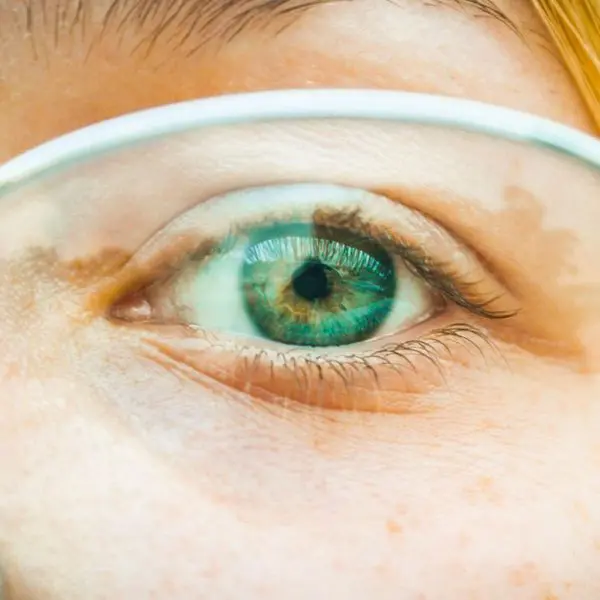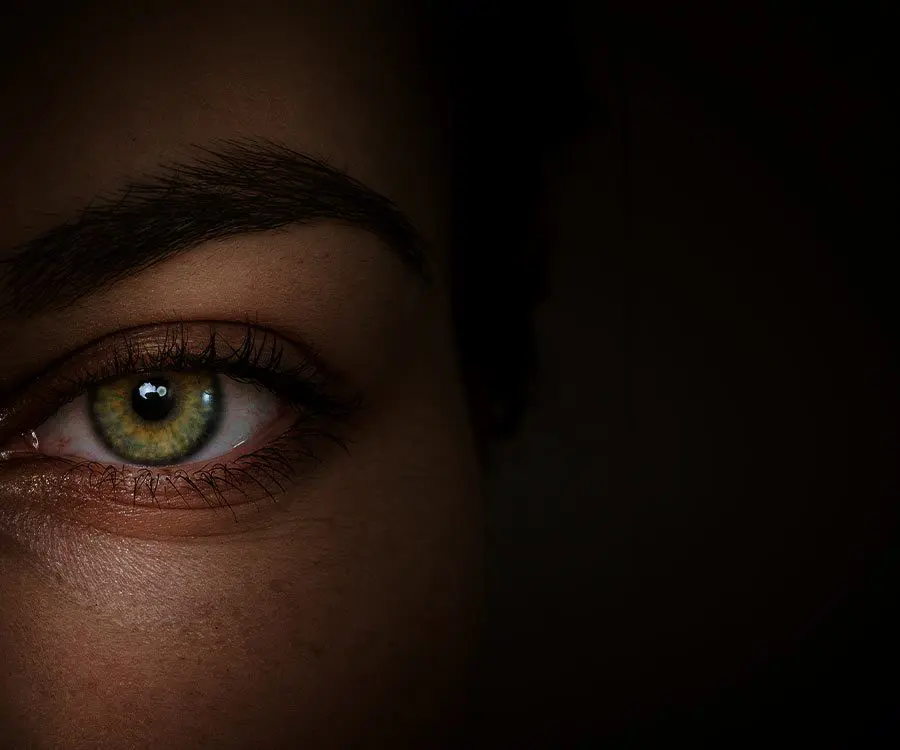
- Eyecare Tips & Tricks

- News
Cataract Surgery FAQs

One of the earliest signs of a cataract may be a changing prescription. Early lens changes or opacities may not disturb vision, but as the lens continues to become more cloudy, symptoms including blurred vision, sensitivity to light and glare, increased nearsightedness or distorted images may develop.
Cataract Surgery is one of the safest, most commonly performed procedures worldwide and is used to correct the effects above. The procedure consists of the removal of the cloudy natural lens of the eye and replacing it carefully with an intra-ocular lens (IOL). The standard IOL’s used for NHS patients will generally compensate for any impairment caused by the cataract, but patients generally need reading glasses for small print etc. Available privately are many other IOL’s to choose from. Each has their own characteristics and your choice of lens will have a huge impact on whether glasses will be required after surgery or not. To find out more about cataracts and intra-ocular lens options visit our Cataract Surgery page. The procedure is performed thousands of times a day and most patients experience little to no pain and return to normal life the day after surgery!
Cataract FAQs
What do I need to do for my pre-operative consultation?
If you use soft contact lenses you must refrain from wearing them for one week before your consultation; if you use rigid gas permeable lenses please stop wearing them for 4 weeks before your consultation. You should arrange not to drive to and from your consultation as the drops used will blur your vision slightly. Make sure that you know any prescription medications that you are taking so you can let your surgeon know in your consultation.
How do I choose what intra-ocular lens is best for me?
There are many different factors that will affect which intra-ocular lens is right for you. The best way to start to make the decision is to ask yourself the following questions
• Are you short-sighted or long-sighted?
• Do you have any astigmatism?
• How do you feel about continuing to wear glasses or contact lenses after your cataract surgery?
• Would you prefer not to need glasses or contacts after surgery?
• How important is good night vision to your lifestyle?
• In general, how well do you adjust to changes and learning new skills?
• What activities or tasks are necessary for your daily life and for your job?
• What hobbies do you currently enjoy or would like to engage in most often?
• During which activities would you find glasses the most inconvenient or aggravating?
Which intra-ocular lens is used will vary for each person and there is no ‘one size fits all’ option. It all depends on your eyes, your lifestyle and whether you wish to use glasses or not after surgery. A surgeon led team will help you choose the right lens for you following an in-depth consultation and explain what you can expect to achieve from each one.
How safe are the implants?
The development of the intra-ocular lens was the single most important development in the field of Ophthalmology and Optometry over the last century. The refinement in lens design, materials, and manufacture since the 1940s is one of the great medical success stories. Implants used since 1990 are extremely safe, reliable and effective.
What is the recovery period?
The pupil can take up to 48 hours to return back to its normal size after surgery. Some patients experience some unusual light phenomena early on but these often settle down within a short period of time. Your recovery time completely depends on your eyes but most people will go back to normal life the day after surgery. 95% of patients are legal to drive the day afterwards but be sure to check that you can clearly read a number plate from 25 years away before driving. If your eyes are not too sensitive to lights you can start reading and watching TV immediately afterwards.
What are the risks?
Data shows a complication rate lower than 0.5% with 99.5% of patients having an excellent postoperative course and an excellent visual result. Infection occurs in less than 1 in 5000 cases and retinal detachment occurs in less than 1 in 3000 cases. Some complications include corneal decompensation, persistent macular oedema, implant instability, power calculation errors and glaucoma although all of these problematic cases add up to less than 0.5%. It is extremely rare for patients to end up worse than they started.
Will I need to use eye drops after the surgery?
Yes – these are normally used up to four weeks after the procedure. Full instructions are given on the day of surgery.
What can I expect during the surgery?
The area around your eye will then be washed and cleansed and a sterile cover (“drape”) will be placed over your eye and face to create a sterile environment. The cover will be lifted off your mouth so you can breathe and talk easily. The operation is painless and lasts less than 10 minutes in most cases. The technology used is called phaco-emulsification and employs ultrasound energy to liquefy the lens which can then be aspirated. A new lens is then inserted using an injection system and is unfolded and positioned within the eye. We typically do not use stitches during surgery which allows for a faster recovery.
Overall cataract surgery is an incredibly common procedure and delivers life-changing benefits. Surgeons all across the country will have performed it thousands of times each. So relax and look forward to your new and improved eyesight.
To arrange your consultation and begin your journey to visual clarity get in touch with us now.
Reviews







